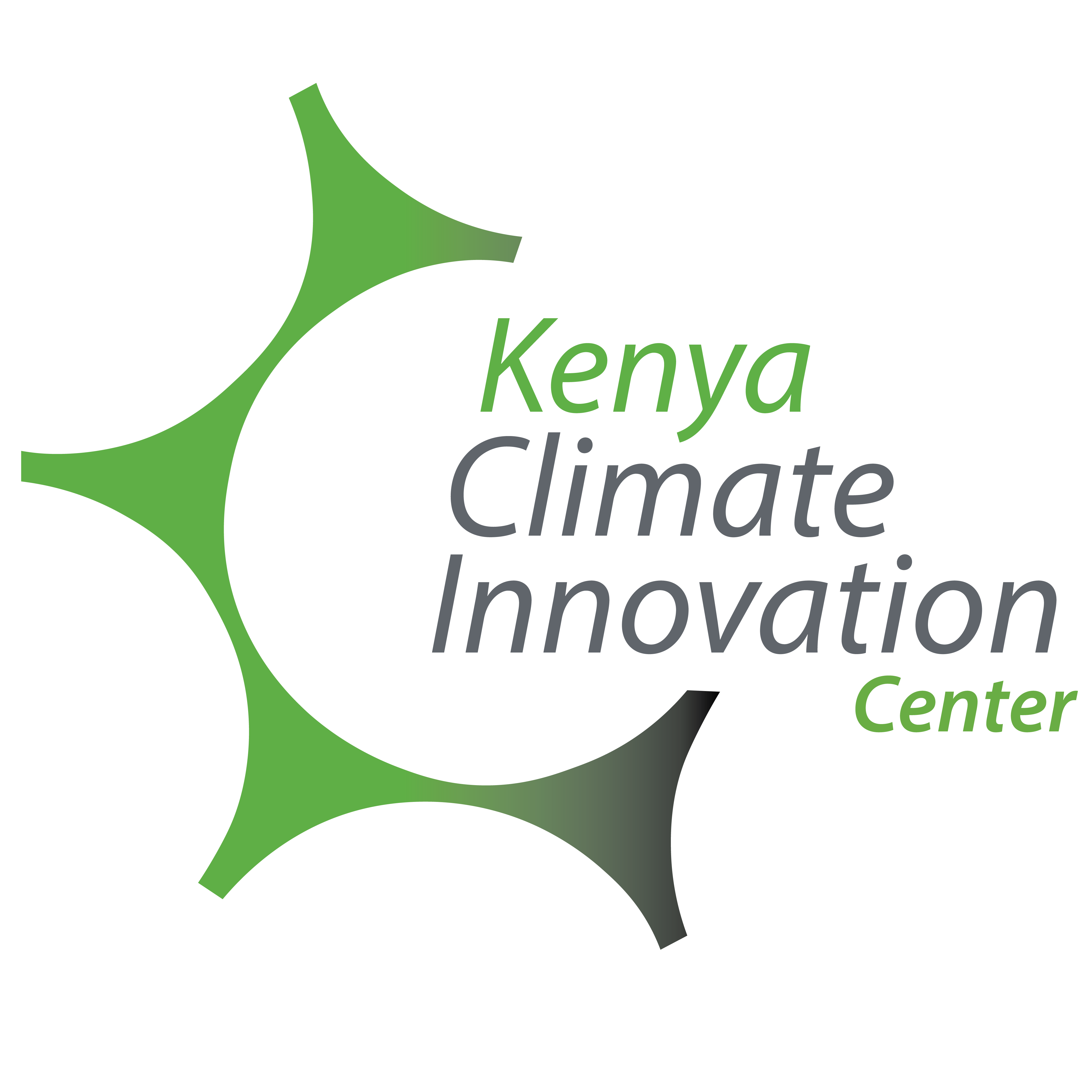Let us take the conversation away from the pandemic for a minute and talk about solar. Recently, agribusiness entrepreneurs and mini-grid developers are considering pivoting their investments into the paradox of transforming Africa’s food markets through solar cooling.
If you are running an African startup that deals with renewable energy development, you might have wondered what to do with idle power during off-peak hours. If you are running a startup that trades bulk food products to local and export markets, then you might have considered storage options to keep stock fresher for longer.
The two industries fit together like pieces of a puzzle and solar-powered Cold Storage Facilities are readily emerging as a ‘Free two birds with one key’ type of solution. Interestingly enough, although major publications advocate value markets for cold rooms to rural farmers, over 63% of post-slaughter/harvest food loss volumes comes from farmers during processing stages that is those who carry out agriculture as a business than for subsistence, a target market that you would assume could manage mitigating these losses.
Click here to read about project financing on an article by better.com
To give you a glimpse of what solar refrigeration looks like, I have shared with you a visual representation of a generic solar cold room illustrated by my startup – Tree_Sea.mals.
View more product information here: https://drive.google.com/file/d/1HpQmdK6P76nkObpC3eLoTHFzkcvugWSm/view
The technology involves an off-grid electrification unit i.e. Solar PV + Battery storage that essentially generates efficient energy that is utilized by the compressor and BoS components of the refrigerant to generate cooling. To put it into perspective, you can see below the storage-energy ratio that differently sized cold rooms within our typical range of product designs are rated;
- 10ft containers – 2.5kWp – 400kg/day cooling capacity
- 20ft containers – 3.2kWp – 800kg/day cooling capacity
- 40ft containers – 6kWp – 1,500kg/day cooling capacity
How Your Start-Up can Leverage this technology
1. Attract investors from both the Energy and Agriculture sectors
Solar-powered Cold rooms tackle the need of both electricity supply and food storage, and they do so efficiently and affordably. Considering both these sectors are already amongst the top-funded investment portfolios in Africa, combining these features will enable your startup to flexibly pivot your impact indicators to match that of multi-faceted investor groups.
Additionally, tackling the 2 largest SDG targets within the region i.e. Zero Hunger & Clean Energy will broaden your value pool and open up angel syndicate interests.
2. Encourage PEU measures to mini-grid projects
My startup essentially started its grassroots prospects by developing off-grid electrification projects in remote communities. It was quick to notice that limiting mini-grids to the provision of basic lighting and charging did not attract returns on investment neither did it provide much socio-economic change to the target communities. Many energy developers like myself are quickly pivoting to include much needed Productive Use activity to their energy systems.
The biggest notable advantage to your mini-grid startup would be an additional revenue stream. Having a developer owned model will allow you to charge a tariff on both electricity usage and cooling-as-a-service. This would essentially attract higher cash flow and a better valuation to your startup.
3. Reduce Food Loss and translate higher returns to Commercial Farmers
Beef, dairy and chicken farmers are rarely discussed despite their contribution towards the African agriculture sector, so in this article, I specifically target value in commercial livestock farming. With Africa’s population projected to be more than double by the middle of the century and the GDP per capita on the continent expected to continue rising, meat consumption will become affordable to millions of Africans for the first time. The United Nations Food and Agriculture Organisation (FAO) estimates that the consumption of beef and pork on the continent will increase by 200% between 2015 and 2050, while poultry consumption will grow by 211%
This is great news for your commercial livestock start-up as it can focus supply into the local markets. In this case, due to the perishable nature of milk and meat products, Cold rooms can act as isolated storage infrastructure that ensure collective preserves that sell over longer periods.
Adopting energy-efficient storage solutions might be one of the largest mitigation measures to nurture a shift to more sustainable modes of production practices. Allowing your domestic start-up to utilise technology in order to supply local consumer demand, whether for electrification or preservation, might result in less reliance on capital intensive industrialised ecosystems.
By Tracy Kimani
About the Author :
Tracy Kimathi is the founder of Tree_Sea.mals Ltd, one of KCIC clients. Since 2018, she has been gradually setting up an early stage footprint in the decentralized African energy sector through developing and owning micro-projects. Find her on LinkedIn here https://www.linkedin.com/in/tracy-kimathi-b32670173/










